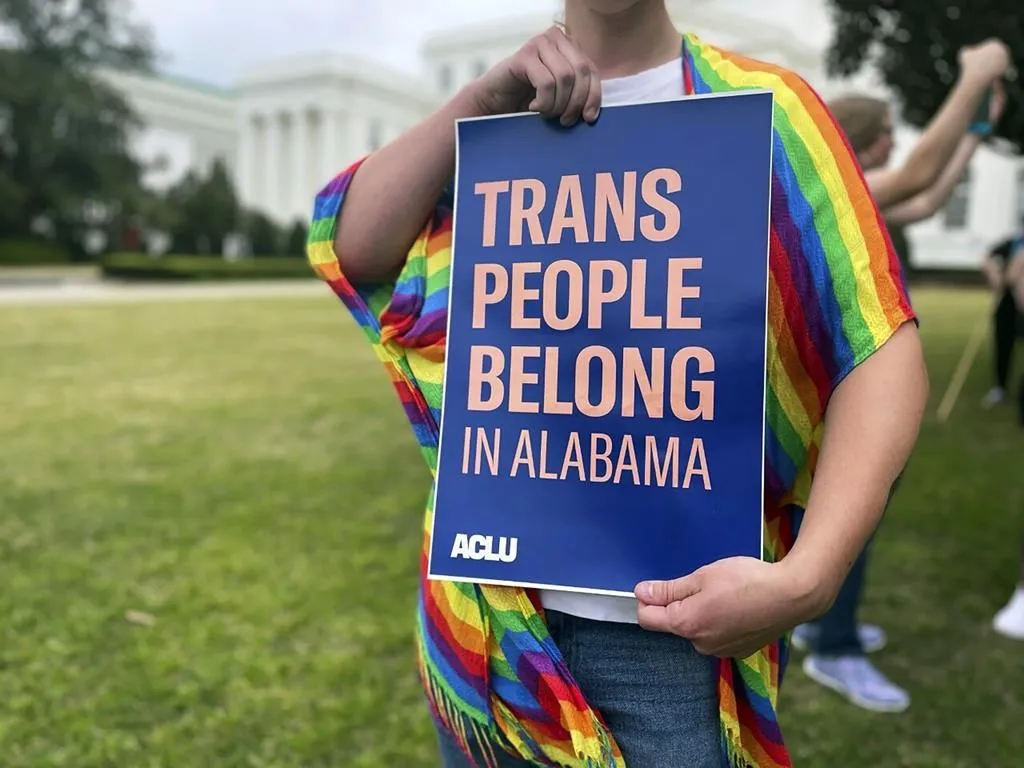In a decision that has ignited a fiery debate across the state, the Alabama House of Representatives recently voted to significantly broaden the existing prohibitions on teacher-led discussions concerning sexual orientation and gender identity in public schools. The bill, which sailed through the House with a 74-25 vote, seeks to extend these restrictions from merely covering elementary levels to encompassing all classes through the eighth grade. This legislative move also includes a new mandate that would forbid the display of Pride flags or similar symbols within school premises.
The implications of such a legislative action have resonated deeply within the local LGBTQ+ community and their allies, eliciting a strong response from opponents who see this as a direct assault on inclusivity and diversity. Critics, including Democratic Rep. Marilyn Lands of Madison, emphasize the potential harm to LGBTQ+ families, students, and educators, suggesting the bill conveys a disheartening message of exclusion and non-acceptance within the state. “All of you in this body know LGBTQ people and know they are people just like you and me, people made in the image of God,” Lands argued passionately against the bill.
A Divisive Issue Amidst Broader Concerns
The discussion surrounding the bill stretched over two hours, revealing a stark division along party lines. Democrats uniformly opposed the measure, pointing out the state’s misplaced priorities by focusing on what they deem “made-up issues” rather than addressing more pressing concerns like gun violence or health care deficiencies. “It’s embarrassing the state is spending time on these issues,” stated Democratic Rep. Phillip Ensler of Montgomery during the heated debates.
Proponents of the bill, however, defend it as a necessary step to uphold parental rights, arguing that discussions of gender identity and sexual orientation should remain a family matter rather than being addressed in the educational system. “They want the math teacher teaching math and the English teacher teaching English, not telling Johnny that he is really a girl,” Republican Rep. Mack Butler explained, echoing a sentiment shared by many supporters of the legislation.
Implications for LGBTQ+ Rights and Education
The expansion of this prohibition is seen by many as part of a broader national trend where states adopt increasingly restrictive laws concerning LGBTQ+ rights in education, following the example set by similar laws in Florida and other states. Advocates for LGBTQ+ rights, such as Carmarion D. Anderson-Harvey of the Human Rights Campaign, argue that such laws foster an environment of censorship and fear, directly contradicting the principles of respect and celebration of diversity which they believe every classroom should uphold.
As Alabama awaits the Senate’s decision on this controversial bill, the debate underscores a deep divide not only in Alabama but across the nation, about the role of education in shaping societal norms and the boundaries of discussions permitted in a school setting.

